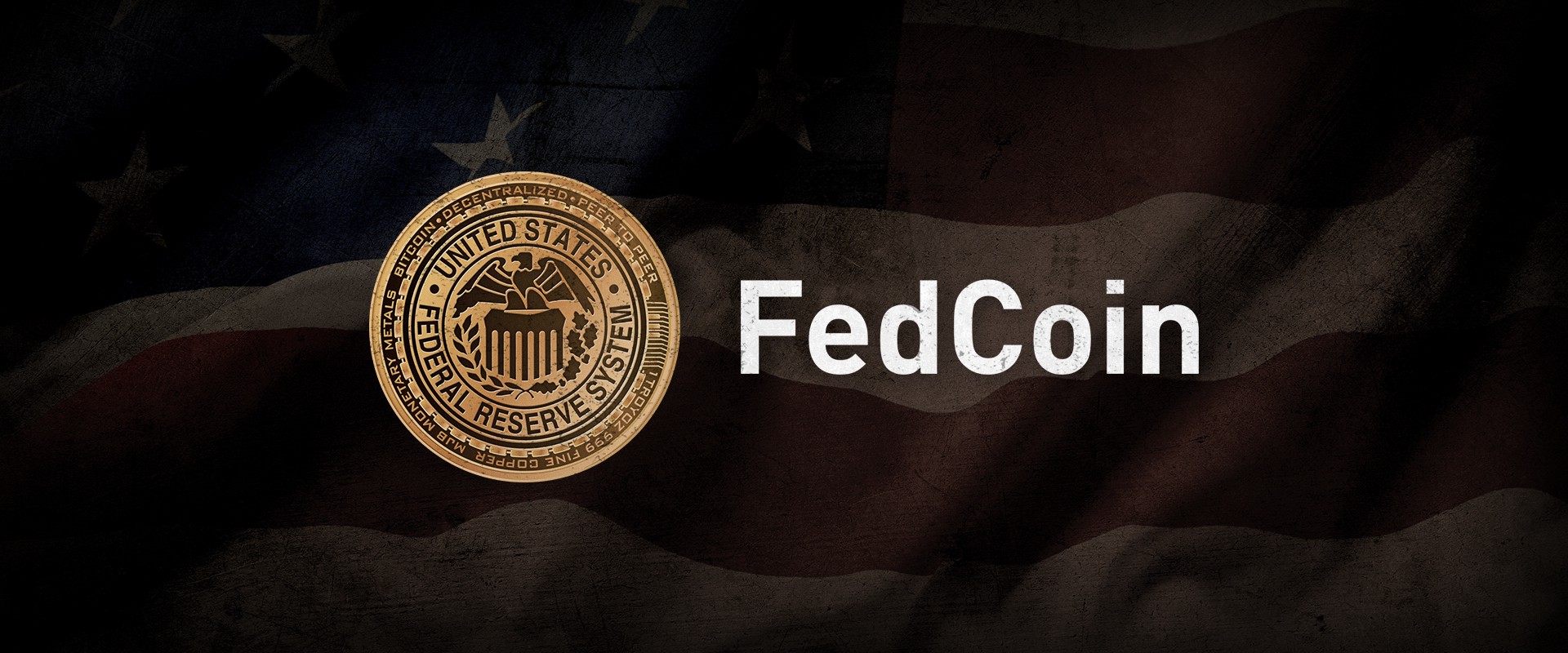PALO ALTO, Calif. (Reuters) - The Federal Reserve is looking at a broad range of problems around digital payments and currencies, consisting of policy, design and legal considerations around potentially releasing its own digital currency, Governor Lael Brainard said on Wednesday. Brainard's remarks suggest more openness to the possibility of a Fed-issued digital coin than in the past." By transforming payments, digitalization has the potential to provide greater worth and convenience at lower expense," Brainard stated at a conference on payments at the Stanford Graduate School of Organization.
Main banks worldwide are discussing how to manage digital finance innovation and is fedcoin real the dispersed journal systems utilized by bitcoin, which promises near-instantaneous payment at potentially low expense. The Fed is developing its own day-and-night real-time payments and settlement service and is presently examining 200 remark letters sent late last year about the suggested service's style and scope, Brainard said.
Less than two years ago Brainard told a conference in San Francisco that there is "no compelling showed need" for such a coin. However that was before the scope of Facebook's digital currency aspirations were commonly understood. Fed officials, consisting of Brainard, have actually raised issues about consumer securities and information and privacy hazards that could be posed by a currency that could enter into usage by the 3rd of the world's population that have Facebook accounts.

" We are teaming up with other reserve banks as we advance our understanding of reserve bank digital currencies," she stated. With more countries looking into providing their own digital currencies, Brainard said, that includes to "a set of reasons to also be making certain that we are that frontier of both research and policy development." In the United States, Brainard stated, problems that need research study consist of whether a digital currency would make the payments system safer or easier, and whether it could pose monetary stability threats, consisting of the possibility of bank runs if money can be turned "with a single swipe" into the main bank's digital currency.
To counter the monetary damage from America's extraordinary national lockdown, the Federal Reserve has taken unmatched steps, consisting of flooding the economy with dollars and investing straight in the economy. The majority of these moves received grudging acceptance even from many Fed skeptics, as they saw this stimulus as required and something just the Fed might do.
My brand-new CEI report, "Government-Run Payment Systems Are Hazardous at Any Speed: The Case Against Fedcoin and FedNow," details the dangers of the Fed's existing plans for its FedNow real-time payment system, and propositions for main bank-issued cryptocurrency that have actually been dubbed Fedcoin or the "digital dollar." In my report, I talk about concerns about personal privacy, data security, currency adjustment, and crowding out private-sector competitors and innovation.
Advocates of FedNow and Fedcoin state the federal government needs to produce a system for payments to deposit instantly, rather than encourage such systems in the economic sector by lifting regulative barriers. However as noted in the paper, the personal sector is offering a seemingly unlimited supply of payment innovations and digital currencies to resolve the problemto the extent it is a problemof the time gap in between when a payment is sent and when it is gotten in a savings account.
And the examples of private-sector innovation in this area are numerous. The Cleaning Home, a bank-held cooperative that has actually been routing interbank payments in numerous types for more than 150 years, has been clearing real-time payments given that 2017. By the end of 2018 it was covering half of the deposit base in the U.S.